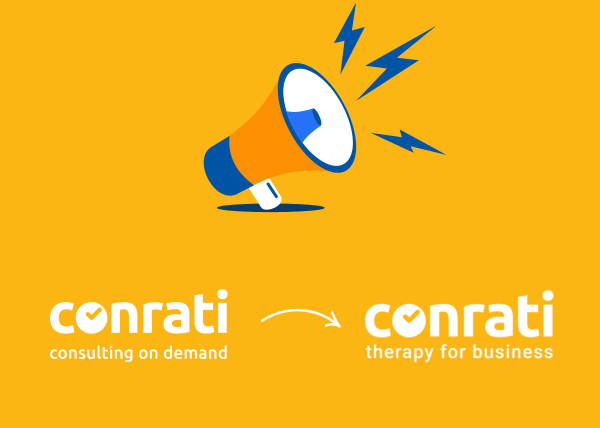Many individuals new to therapy may perceive it as merely discussing thoughts and emotions, which can seem unproductive without a deeper understanding of the underlying processes.
Cognitive-behavioural therapy (CBT) is a proven, evidence-based method that can be customised to address your unique mental health needs. With the availability of online therapy, it is now possible to access these transformative techniques from the comfort and privacy of your own home.
If you struggle with depression, anxiety, post-traumatic stress disorder (PTSD), panic disorder, obsessive-compulsive disorder (OCD), substance abuse, insomnia, bipolar disorder, attention deficit hyperactivity disorder (ADHD) or anger management challenges, you may benefit from cognitive-behavioural therapy (CBT).

We take a look at the different types of CBT techniques, including Traditional Cognitive-Behavioural Therapy, Dialectical Behaviour Therapy (DBT), Acceptance and Commitment Therapy (ACT), Cognitive Processing Therapy (CPT), Exposure Therapy, and Mindfulness-Based Cognitive Therapy (MBCT).
Traditional Cognitive-Behavioral Therapy
Traditional CBT is the most widely practiced type of CBT. It’s a short-term, structured therapy that aims to identify and change negative thinking patterns associated with specific problems. The therapist collaborates with you to pinpoint negative thoughts and beliefs contributing to your difficulties and helps you develop more positive and realistic thoughts and beliefs.
Dialectical Behavior Therapy (DBT)
DBT is a type of CBT that focuses on assisting people who struggle with intense and challenging-to-control emotions, such as those with borderline personality disorder. DBT combines traditional CBT techniques with mindfulness, acceptance, and skills training to help you regulate your emotions and improve your relationships.
Acceptance and Commitment Therapy (ACT)
ACT is a CBT approach that concentrates on helping you develop psychological flexibility and learn to live in the present moment. The therapist supports you in identifying your values and working towards goals that align with those values while also accepting difficult emotions and experiences.
Cognitive Processing Therapy (CPT)
CPT is a CBT technique specifically designed to treat post-traumatic stress disorder (PTSD). The therapist aids you in identifying and challenging negative thoughts related to the traumatic event and teaches coping strategies to manage the resulting symptoms.
Exposure Therapy
Exposure therapy is a CBT approach used to treat anxiety disorders, such as phobias and obsessive-compulsive disorder (OCD). The therapist gradually exposes you to the feared stimulus in a controlled environment, helping you learn to tolerate the anxiety and eventually reduce the fear response.
Mindfulness-Based Cognitive Therapy (MBCT)
MBCT is a CBT technique that combines traditional CBT methods with mindfulness meditation. It’s often used to treat depression and anxiety and aims to help you become more aware of your thoughts and emotions and develop greater self-compassion.
Online Therapy
CBT can be conducted online through Conrati’s online therapy platform. As online therapy has become increasingly popular due to its convenience, affordability, and accessibility, you may find it more beneficial compared to traditional face-to-face therapy. Online therapy can be just as effective for those unable to attend in-person sessions.
Conrati makes booking online therapy much easier. Browse and search through mental health professionals today.
Disclaimer: This article is written and published for educational purposes. It is not intended on substituting a professional diagnosis. If you suspect that you may have any mental health condition, we suggest you seek help from a mental health professional.









Why your child should have a tutor
Conrati nominated as a Top Environmental Consulting Company by Futurology
Self-Love and Self-Care: Cultivating a Mindful and Balanced Life
What happens during each stage of grief?
How to boost 8 different forms of health
Conrati nominated as a Top Environmental Consulting Company by Futurology
How social media affects mental health
Understanding Bipolar Disorder